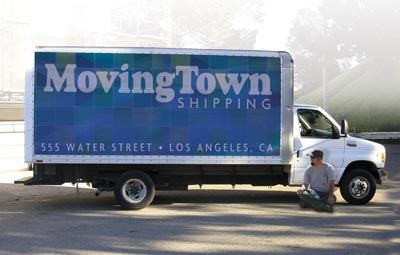A BioLab warehouse sits full of products ready to ship. Retailers wait for their orders with dwindling patience, and corporate transportation manager Aaron Fick is feeling their pain: He’s been searching for a shipping company that will send out a truck today — any truck at all.
“We’re stressed with trying to get the product out and keep the forecast accurate at the distribution warehouse,” said Fick, who oversees transportation from BioLab’s headquarters in Lawrenceville, Ga. “The days of being able to pick up a phone on a Friday afternoon and get a truck are behind us.”
Long lead times on product shipments have been a noticeable problem for retailers at least since last year’s fourth quarter. To some extent, the problem is caused by a shortage of drivers available to make deliveries.
The trucking industry has lost approximately 150,000 drivers nationwide since the recession began, according to published reports. This is partly due to larger trucking companies reducing their fleets for a downturned economy, and partly the result of many smaller companies being forced to close shop.
“It’s definitely harder getting the freight moved,” said Pat Hernon, president of All Seasons Spas in Hilliard, Ohio. “The drivers are fewer and farther between, and rates have gone up over the last few years, probably 15 to 20 percent per year.”
The problem could become even larger when Federal Regulation CSA 2010 goes into effect in January. Under the new law, drivers with past felony convictions won’t be allowed to carry hazardous chemicals — a category that includes chlorine, and numerous other pool sanitizers and compounds.
Fick began to notice more tightening down in the trucking industry last fall, when a wave of veteran drivers started trying to sell off their equipment. The recession, it seemed, was making it unrealistic to practice a classic American profession, and one on which a variety of industries depend.
“We’re shipping by rail now,” Hernon said. “It’s worth the extra money that we save: More than $700 per load.”
Still, this apparent contraction, which has created some frustration at the manufacturer and retailer ends of the chain, may not be as widespread as some are fearing. Manufacturers based in other areas of the country say their supply-and-demand discrepancies are far less extreme.“We have not had any lack of [driver] availability here in Florida,” said Bill Kent, president of AquaCal Autopilot in St. Petersburg, Fla.
“What we have had is a lot of increases in cost. I think what we’re seeing is some compensation for the effects of the recession.”


